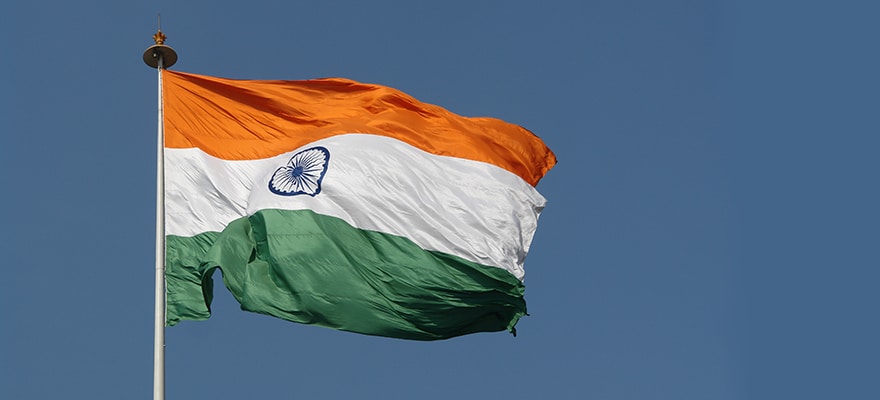The Indian fintech startup market is expected to create a windfall for new cashless payments regimes worldwide, given the advent of a bourgeoning demand and investment into payments infrastructure.
The landscape itself in India has been a magnet for investment with startups such as Mobikwik, Paytm, Freecharge, Itzcash, Momoe and Suvidha looking to transform the existing cashless payments landscape in India’s market.
Boasting one of the fastest growing populations, the Indian population is projected to make digital payments worth upwards of $500 billion by 2020, according to a recent Forbes report. Overall, non-cash payments, including which includes checks, demand drafts, net-banking and cards, presently account for 22% of all consumer payments in India – this looks to increase to 59% of all consumer payments by 2025.
Upward Trajectory
A number of factors are supporting this trajectory, which by 2023 will feature a groundswell in internet penetration – more specifically, as the digital payments industry gains traction in internet users. This is reinforced in the smartphone realm, where India currently ranks second in the world with over a billion mobile subscriptions.
Another area of growth over the next few years will be across fintech startups: citing data from the research firm VCCEdge, fintech firms have received a new high of $186 million by investors – this spread of fintech startups is also on par with other countries worldwide. Finally, an improved O2O (online to offline) presence will also look to fortify India’s payments landscape – this is due to an uptick in online shopping, bill payment, and mobile recharge.
According to Vijay Shekhar Sharma, Founder of Paytm, in a recent statement on the future trajectory of the Indian fintech industry: “This is indeed a great moment for us. We have managed to significantly reduce the cash usage in the economy. With this nod from the RBI, we will be able to further drive our overall commitment to financial inclusion for the unbanked segment, modernize payment systems and build more trust for our services.”





Be First to Comment